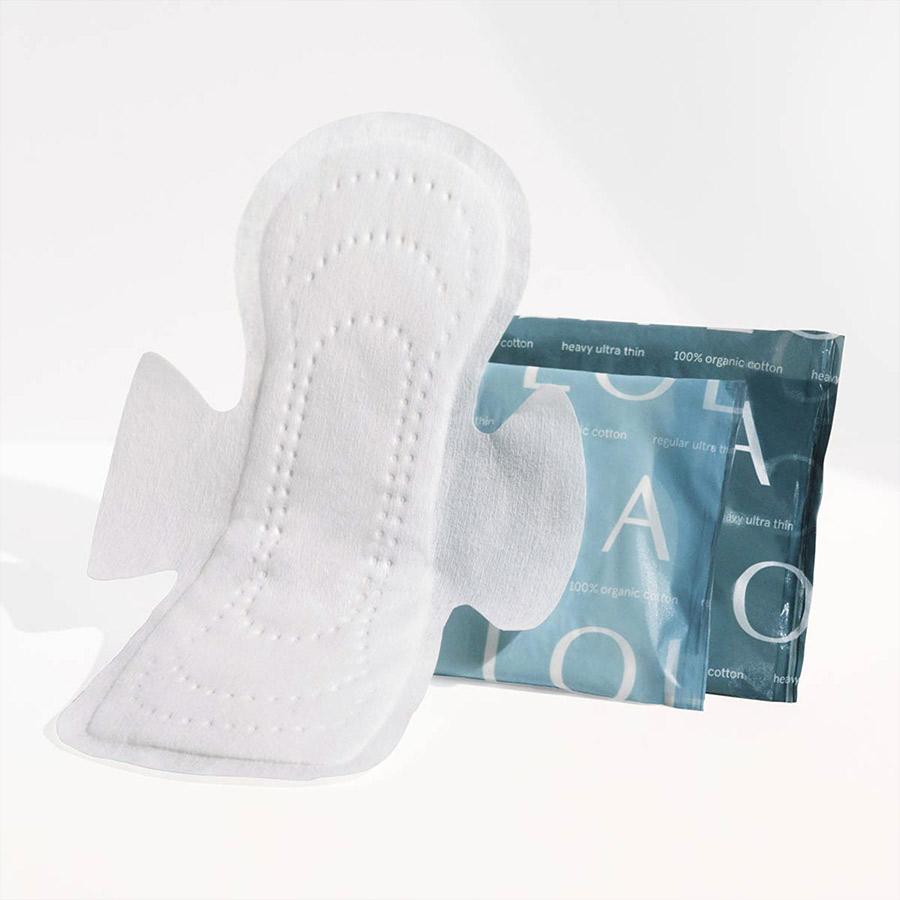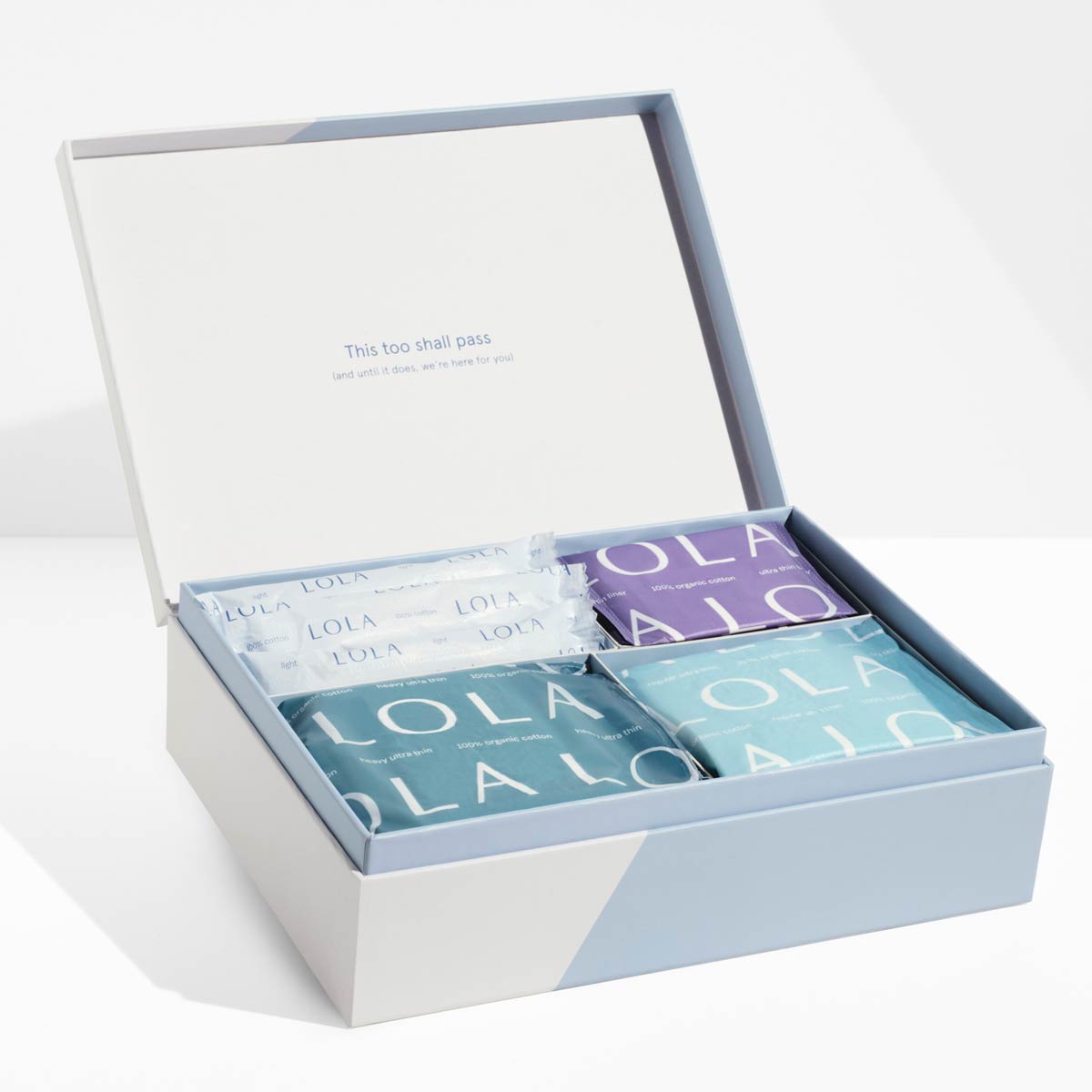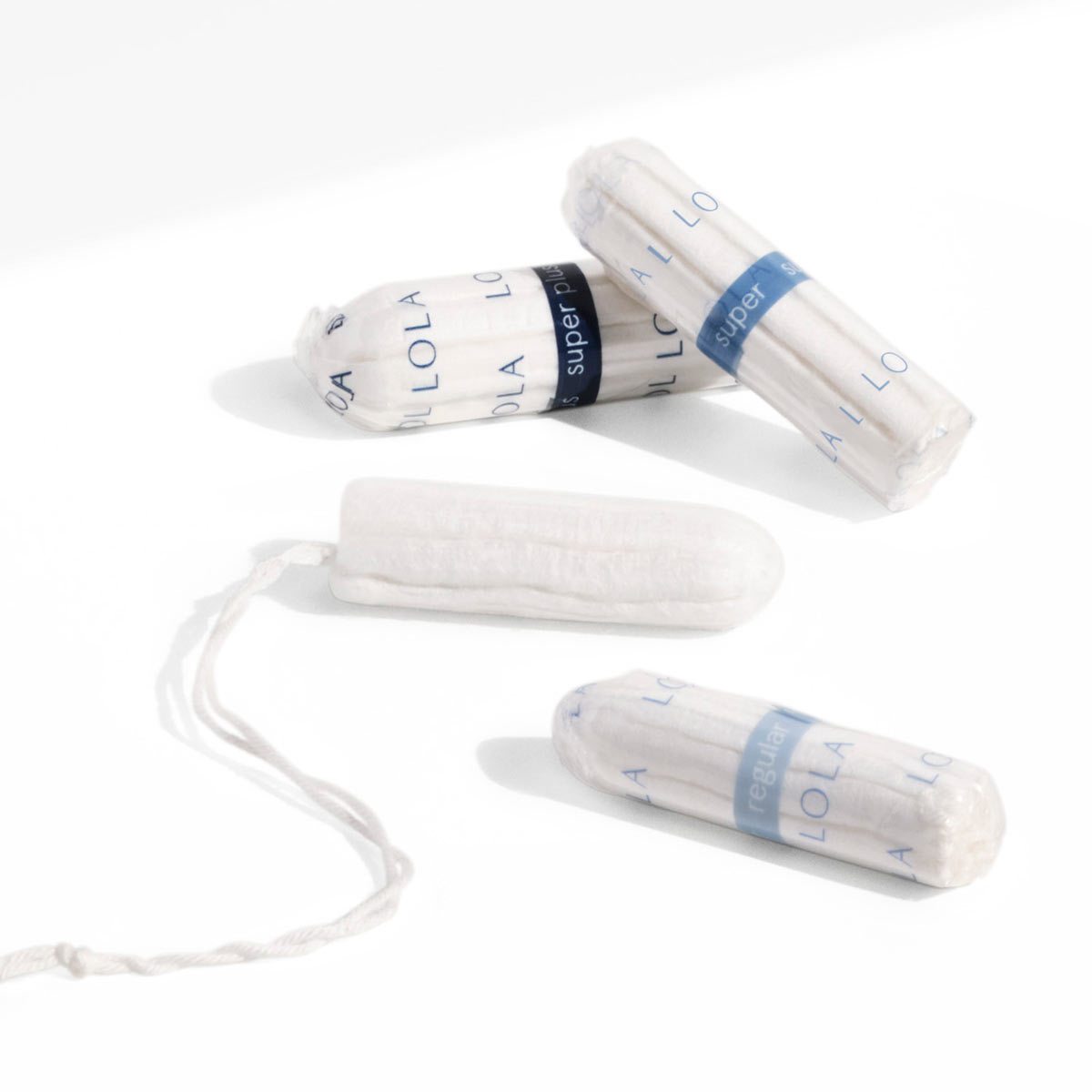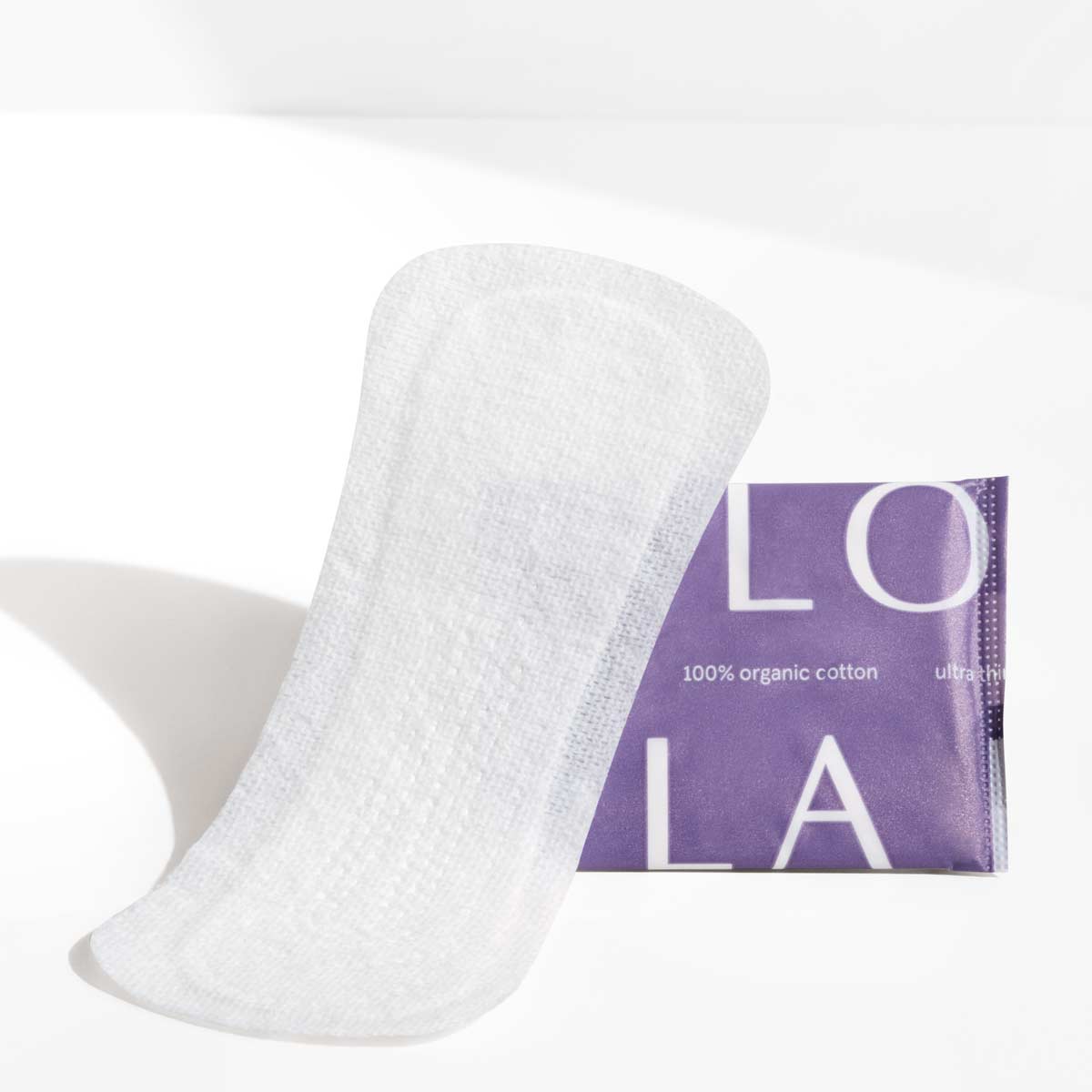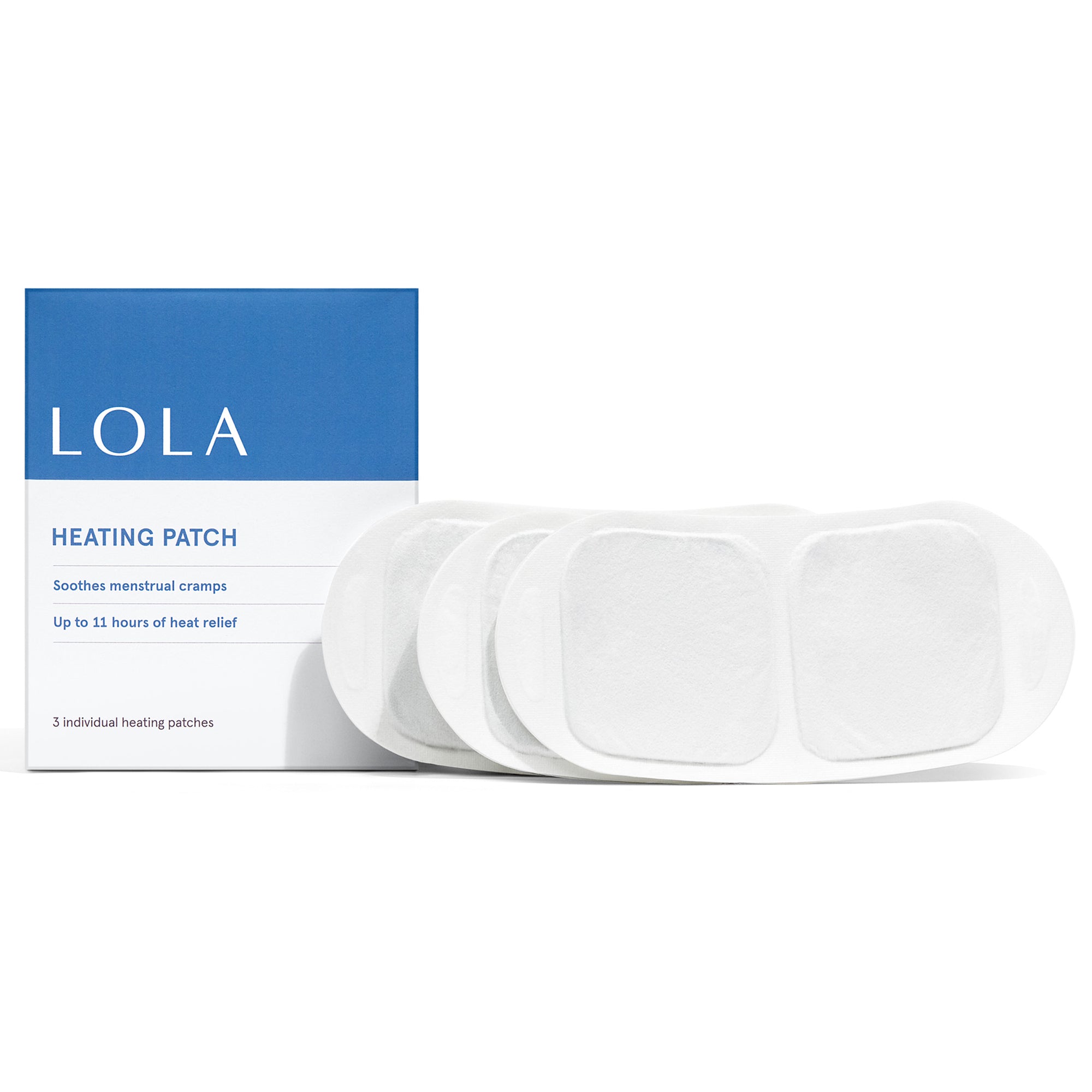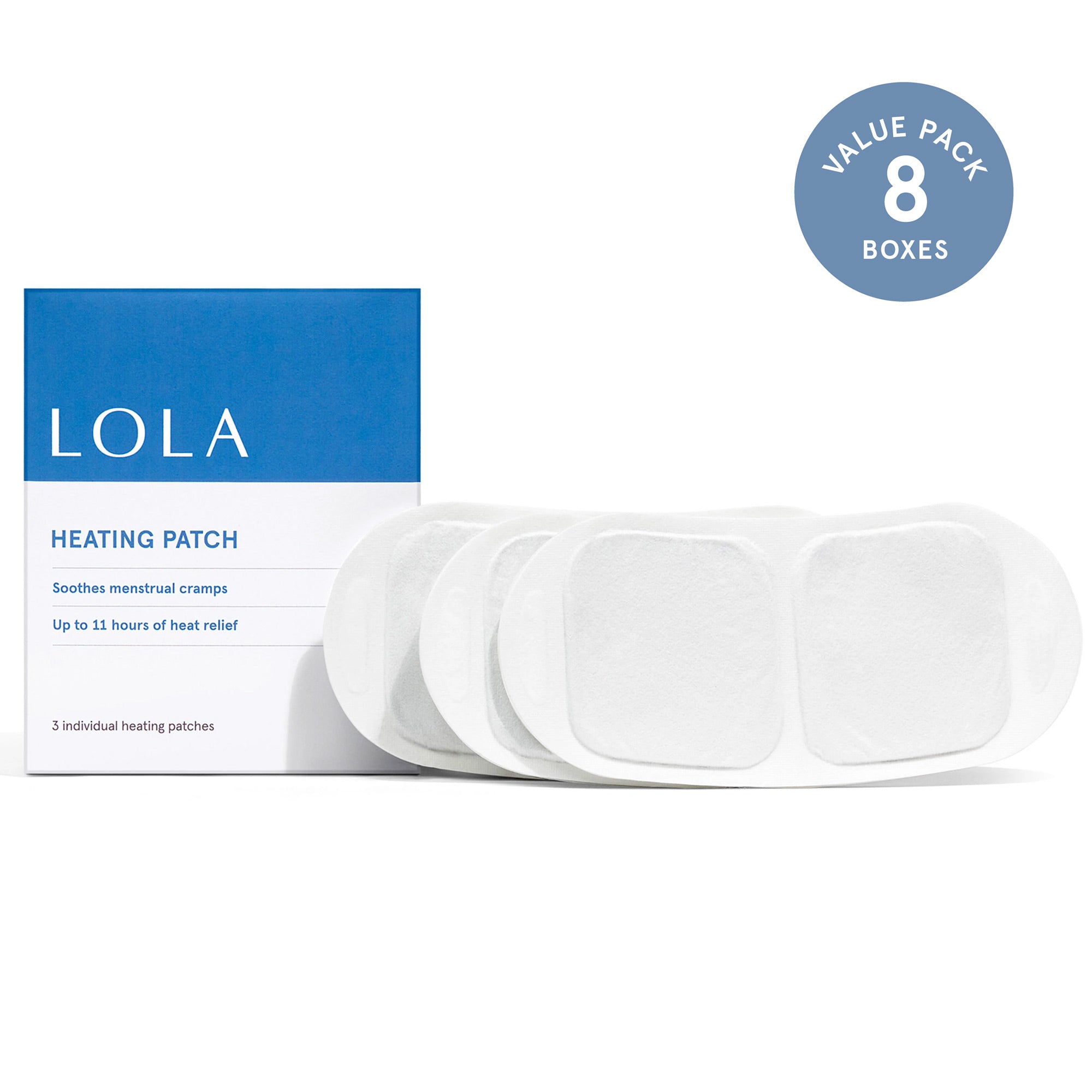I speak from personal experience when I say that baby fever is real. While it's easy to get carried away perusing nurseries on Pinterest, there are actually more pressing matters to consider once you decide you're ready to get pregnant.
Dr. Sherry Ross, an L.A. based OBGYN, women's health expert, and author of She-ology: The Definitive Guide to Women's Intimate Health. Period. provides her patients with a preconception checklist during their office visits so they can take the appropriate steps to prepare for a healthy pregnancy and a healthy baby. While 50% of pregnancies are unplanned, says Dr. Sherry, ideally you should give yourself six months to make a few health tweaks before actually trying to get pregnant. Here's a rundown of some of the changes you (and, in some cases, your partner) can expect to make before expecting.
Check your health and family history
Before tossing out your birth control pills, it's vital to review your health history with your doctor. Underlying medical conditions like diabetes, high blood pressure, depression, and seizure disorders may cause problems for you during pregnancy or for your unborn baby, explains Dr. Sherry. It's why it's best to have a handle on them prior to conceiving. Another discussion to have with your doctor concerns you and your partner's family and genetic history. This helps identify family disorders such as birth defects or developmental disabilities that your child may inherit, and enables you to plan accordingly.
Go through your medicine cabinet
Dr. Sherry recommends you and your partner bring a bag of all the medications and supplements you take to your doctor's office to determine if any of them could harm the embryo during the early stages of conception. For example, the popular hair loss medication Rogaine (Minoxidil) can affect the quality of the sperm and should be avoided while you try to conceive. She also advises against taking acne drugs such as Accutane and Tetracycline because they may harm a developing embryo. And stay away from Aspirin and Ibuprofen, as well, she cautions.
If you're on antidepressants, Dr. Sherry says you may want to explore alternative options before getting pregnant, as some studies have shown that taking them during the first few weeks of pregnancy can cause birth defects and miscarriages. However, it's ultimately a conversation to have with your doctor in order to weigh the risks versus the benefits.
Stop any drinking, smoking, or drug use
Marijuana and nicotine have both been linked to infertility, says Dr. Sherry, and so she suggests both parents quit months before attempting to get pregnant. She also tells her patients and their partners to stop drinking three months prior to conceiving because of alcohol's relationship to birth defects. Conversely, Miami gynecologist and holistic care specialist Dr. Emmanuela Wolloch takes a less hardline approach to drinking before getting pregnant. She says it's safe for women to consume one to two servings of alcohol per week when they're trying to conceive.
Take folic acid and fish oil
Doctors typically recommend pregnant women and women wishing to get pregnant take 400 mcgs of folic acid daily, but Dr. Wolloch says the latest research indicates women should up that dosage to 1000 mcgs per day. Folic acid helps reduce neural defects at the spine and brain level, and both doctor suggests starting the supplement three to six months before pregnancy. Wolloch also tells her patients to take omega three fish oil with 400 mcgs of DHA daily, because it's important for the development of the fetus' brain.
Maintain a healthy weight and diet
It's always a good idea to have a healthy body mass index (BMI), which is calculated based on your height and weight. That said, if you're overweight or underweight it can affect your chances of becoming pregnant or staying pregnant, which is why both doctors recommend achieving a favorable BMI before attempting to conceive.
Regardless of your BMI, there are foods that should and shouldn't be eaten during preconception in order to promote ovulation. Dr. Wolloch suggests eating organic, non-GMO, and hormone-free food whenever possible. She says this is also the the time to eliminate raw fish from your diet because it's often not fresh enough and has a high mercury content. Too much exposure to heavy metals can lead to health problems for both mom and baby. Soy products are another no-no because they have too much estrogen, which can suppress ovulation.
Welcoming a baby into this world is a major life change, and while there's so much you're unable to plan ahead for, it never hurts to be prepared.

